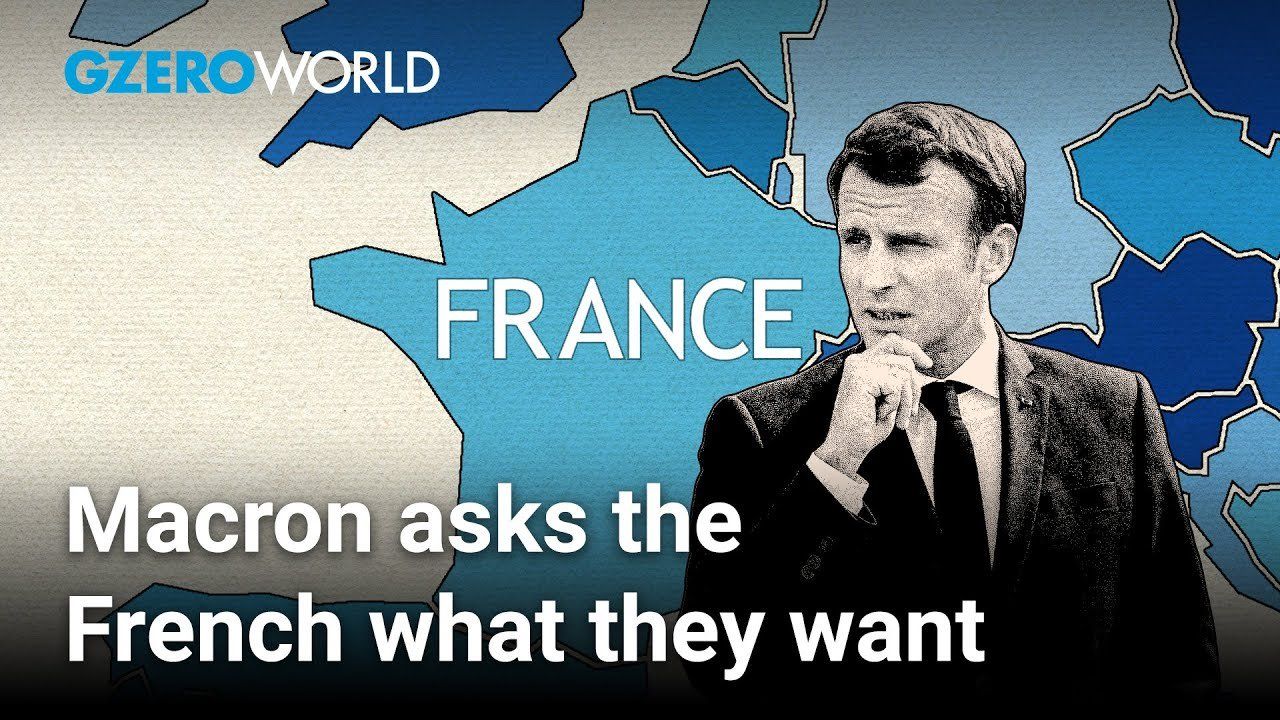
With Emmanuel Macron’s approval ratings at a historic low, and far-right parties gaining popularity, could France’s upcoming election be its own “Brexit” moment? Mark Carney, former governor of the Banks of England and Canada and current UN Special Envoy on Climate Action & Finance, joins Ian Bremmer on GZERO World to discuss snap elections in the UK and France, the complexities of Brexit, and its ongoing impact on domestic politics in Europe.
“There are a wide range of aspects of the UK-European relationship which don't work,” Carney says, “There's massive red tape, for example, in agricultural products, massive red tape and delays at the border, the inner workings of a very interconnected financial system.”
Calling a snap election in France is a big risk, Carney explains, but after his party underperformed in the EU parliamentary elections, Macron wants a referendum from the French people. He’s betting that voters used the EU election to send a message but will vote more moderately in national elections closer to home. Meanwhile, Labour is expected to win big in the UK elections, but the aftermath of Brexit still looms large. But the geopolitics of 2024 are very different than in 2016 during the Brexit referendum.
“There's a range of things that could be made better if the UK government and the European government wanted to work together,” Carney stresses, “And it's all operating in a GZERO World.”